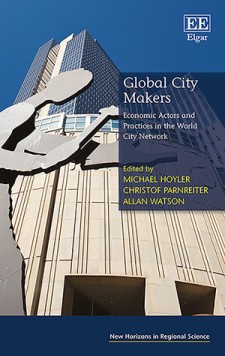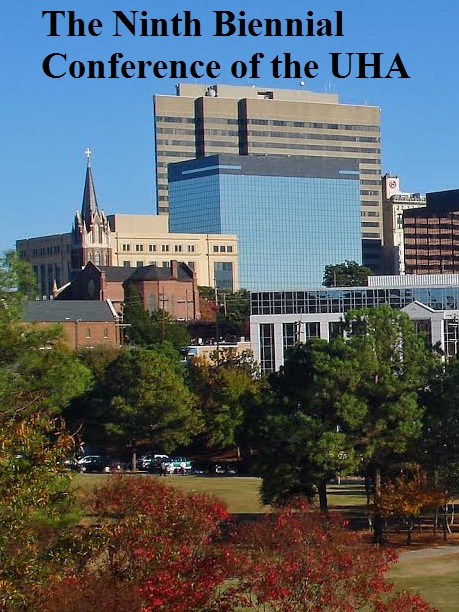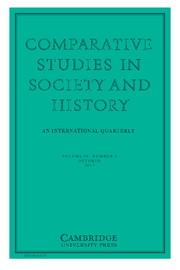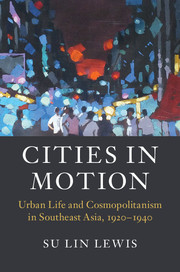This is the twelfth in an ongoing series of profiles of GUHP members' work, highlighting the sheer breadth of scholarship in the field of global urban history.
The series also salutes the work of networks and associations whose missions
overlap that of GUHP in significant ways.
Please consider adding these titles to you own personal libraries and forwarding this notice to your university acquisitions librarian.
The Global Urban History Project is asking prospective members (that is, anyone reading this notice who has not yet signed up) to please take a few minutes to add profiles of their work to the website. We are eager to document as much work in this exciting field as we can. Adding a profile is free of charge. To join, visit our Homepage. |  | Brand New River Cities, City Rivers
Edited by Thaïsa Way, Landscape Architecture
University of Washington, USA
(Harvard University Press, 2018)
Cities have been built alongside rivers throughout history. These rivers can shape a city’s success or cause its destruction. At the same time, city-building reshapes rivers and their landscapes. Cities have harnessed, modified, and engineered rivers, altering ecologies and creating new landscapes in the process of urbanization. Rivers are also shaped by the development of cities as urban landscapes, just as the cities are shaped by their relationship to the river. In the river city, the city river is a dynamic contributor to the urban landscape with its flow of urban economies, geographies, and cultures. Yet we have rarely given these urban landscapes their due. Building on emerging interest in the resilience of cities, this book and the original symposium consider river cities and city rivers to explore how histories have shaped the present and how they might inform our visions of the future. [more]
GUHP profile, Editor website | | |  | | Brand New Global City Makers:
Economic Actors and Practices in the World City Network
Edited by
Michael Hoyler, Geography and Environment,
Loughborough University, UK;
Christof Parnreiter, Institute of Geography,
Hamburg University, Germany;
& Allan Watson, Geography and Environment, Loughborough University, UK
(Edward Elgar Publishing, 2018)
Global City Makers provides an in-depth account of the role of powerful economic actors in making and un-making global cities. Engaging critically and constructively with global urban studies from a relational economic geography perspective, the book outlines a renewed agenda for global cities research. Focusing on financial services, management consultancy, real estate, commodity trading and maritime industries, the detailed studies in this volume are located across the globe to incorporate major world cities such as London, New York and Tokyo as well as globalizing cities including Mexico City, Hamburg and Mumbai.[more]
GUHP profile: Hoyler, Editor website: Hoyler, Parnreiter, Watson | | |  | | The Ninth Biennial Conference of the Urban History Association
“Cities at the Crossroads”
Columbia, SC
October 18-21, 2018
The Ninth Biennial Conference of the Urban History Association will take place 18-21 October 2018 in Columbia, South Carolina. Most events will be held at the University of South Carolina Alumni Center (900 Senate Street) and the Hilton Columbia Center (924 Senate Street). The conference is expected to attract upwards of 500 urban historians, writers, scholars, and journalists. They will participate in approximately 100 panels, plenaries, roundtables, and tours during the four-day event. The conference theme is “Cities at the Crossroads,” which reflects the growing inter-disciplinarity of the field of urban history, the role of cities as meeting places, and the contemporary challenges of urban political isolation and tension over issues such as climate change, immigration, segregation, and inequality. [more]
Congratulations to the following GUHP members accepting awards in Columbia next week | | | Award Winner Latino City:
Immigration and Urban Crisis in Lawrence, Massachusetts, 1945-2000
KENNETH JACKSON AWARD for
BEST BOOK (NORTH AMERICAN) IN 2017
by Llana Barber, American Studies,
SUNY Old Westbury, USA
(University of North Carolina Press, 2017)
Latino City explores the transformation of Lawrence, Massachusetts, into New England’s first Latino-majority city. Like many industrial cities, Lawrence entered a downward economic spiral in the decades after World War II due to deindustrialization and suburbanization. The arrival of tens of thousands of Puerto Ricans and Dominicans in the late twentieth century brought new life to the struggling city, but settling in Lawrence was fraught with challenges. Facing hostility from their neighbors, exclusion from local governance, inadequate city services, and limited job prospects, Latinos fought and organized for the right to make a home in the city.[more]
GUHP profile, Author website | | |  | Award Winner "Street Textuality: Socialism, Masculinity, and Urban Belonging in Tanzania's Pulp Fiction Publishing Industry, 1975–1985"
in Comparative Studies in Society and History
ARNOLD HIRSCH AWARD for BEST SCHOLARLY ARTICLE IN 2017
by Emily Callaci, History,
University of Wisconsin-Madison, USA
Vol 59, no.1, January 2017, 183-210.
From the mid-1970s through the mid-1980s, a network of young urban migrant men created an underground pulp fiction publishing industry in the city of Dar es Salaam. As texts that were produced in the underground economy of a city whose trajectory was increasingly charted outside of formalized planning and investment, these novellas reveal more than their narrative content alone. These texts were active components in the urban social worlds of the young men who produced them. They reveal a mode of urbanism otherwise obscured by narratives of decolonization, in which urban belonging was constituted less by national citizenship than by the construction of social networks, economic connections, and the crafting of reputations. [more]
GUHP profile, Author website | | |  | | Award Winner Cities in Motion: Urban Life and Cosmopolitanism in Southeast Asia, 1920–1940
AWARD for BEST BOOK IN NON-NORTH
AMERICAN URBAN HISTORY IN 2015-2016
by Su Lin Lewis, Modern Global History, University of Bristol, UK
(Cambridge University Press, 2016)
In the 1920s and 1930s, the port-cities of Southeast Asia were staging grounds for diverse groups of ordinary citizens to experiment with modernity, as a rising Japan and American capitalism challenged the predominance of European empires after the First World War. Both migrants and locals played a pivotal role in shaping civic culture. Moving away from a nationalist reading of the period, Su Lin Lewis explores layers of cross-cultural interaction in various spheres: the urban built environment, civic associations, print media, education, popular culture and the emergence of the modern woman. While the book focuses on Penang, Rangoon and Bangkok - three cities born amidst British expansion to the region - it explores connected experiences across Asia and in Asian intellectual enclaves in Europe. Cosmopolitan sensibilities were severely tested in the era of post-colonial nationalism, but are undergoing a resurgence in Southeast Asia's civil society and creative class today.[more]
| | | To read back-issues of “Noteworthy in Global Urban History,” please click here. | |